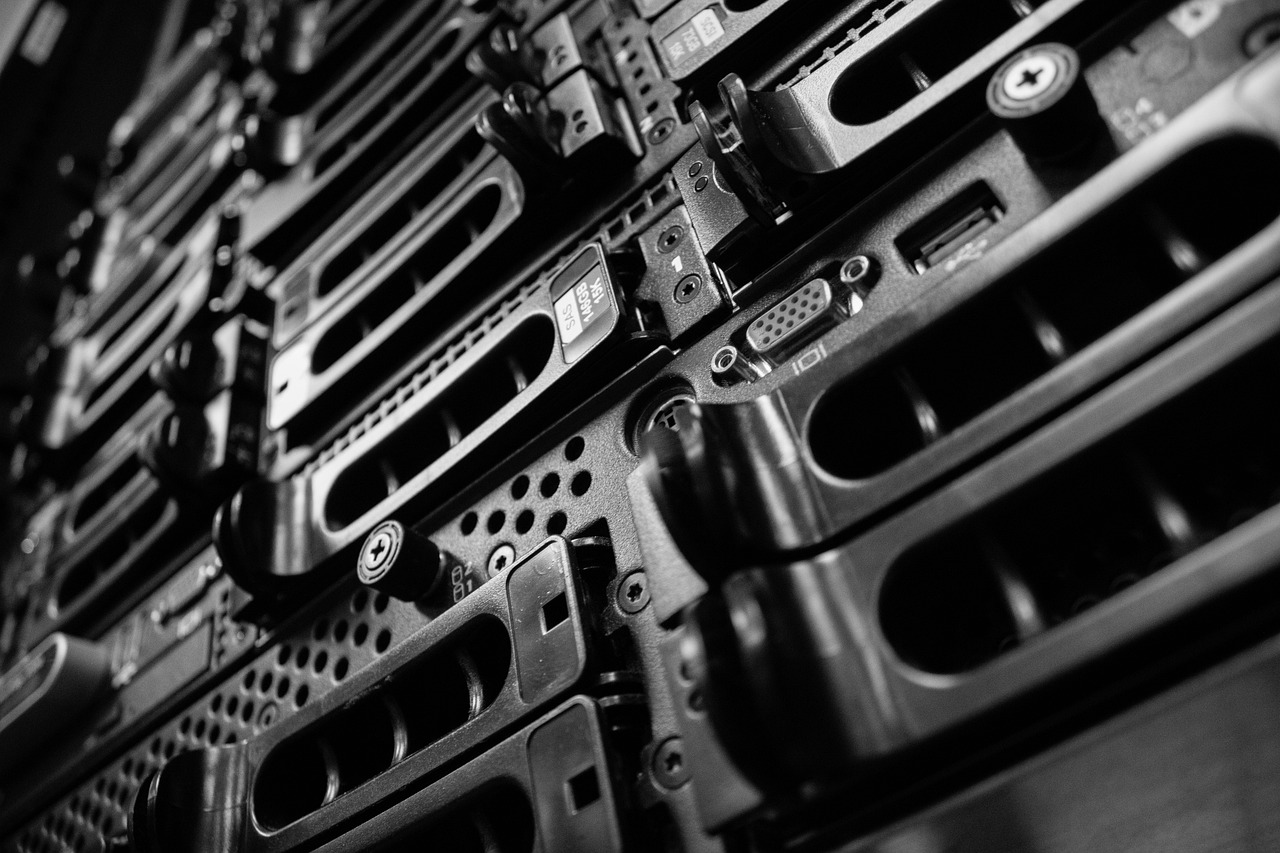The Future of Blockchain in Refugee Education: Secure Academic Records
Blockchain technology has emerged as a promising tool in revolutionizing various sectors, including education for refugees. By leveraging the decentralized nature of blockchain, educational institutions can securely store and verify academic records of displaced individuals. This not only ensures the authenticity of their qualifications but also facilitates smoother transitions into new educational settings.
Moreover, blockchain offers a transparent and immutable platform for tracking academic progress and achievements of refugee students. This allows for seamless transferability of credits and certifications across borders, eliminating the bureaucratic hurdles that often hinder the educational advancement of displaced individuals. Ultimately, the use of blockchain technology in refugee education has the potential to empower learners with greater control over their academic records and enable them to access educational opportunities more efficiently.
Challenges in Accessing and Verifying Academic Records for Refugees
Accessing and verifying academic records for refugees poses significant hurdles due to a myriad of factors. One major challenge is the disruption and loss of documentation that often occurs during forced displacement. Many refugees flee their homes in haste, leaving behind important paperwork, including academic transcripts and certificates, which are crucial for continuing their studies or seeking employment in their host country.
Moreover, the lack of a standardized system for recording and transferring academic credentials across borders further complicates the process. Academic institutions in host countries may struggle to confirm the authenticity of foreign documents, leading to delays in enrollment or recognition of qualifications. This lack of recognition can hinder refugees’ access to higher education and professional opportunities, perpetuating cycles of disadvantage and marginalization.
Why is accessing and verifying academic records challenging for refugees?
Refugees often flee their home countries with little to no documentation, making it difficult to access their academic records. Furthermore, verifying the authenticity of their records can be challenging due to the lack of communication with educational institutions in their home countries.
How can blockchain technology help in addressing these challenges?
Blockchain technology can provide a secure and tamper-proof way to store and access academic records, allowing refugees to have a verifiable record of their educational achievements. This can help in streamlining the process of accessing and verifying academic records for refugees.
What are some of the potential benefits of using blockchain technology in refugee education?
Some potential benefits include increased transparency and trust in the verification process, reduced administrative burden for educational institutions, and improved access to education for refugees by providing a reliable way to prove their academic credentials.
Are there any limitations to using blockchain technology in refugee education?
While blockchain technology offers many advantages, there are still challenges such as ensuring the security and privacy of sensitive academic information, as well as the need for widespread adoption and integration of this technology in educational systems.





